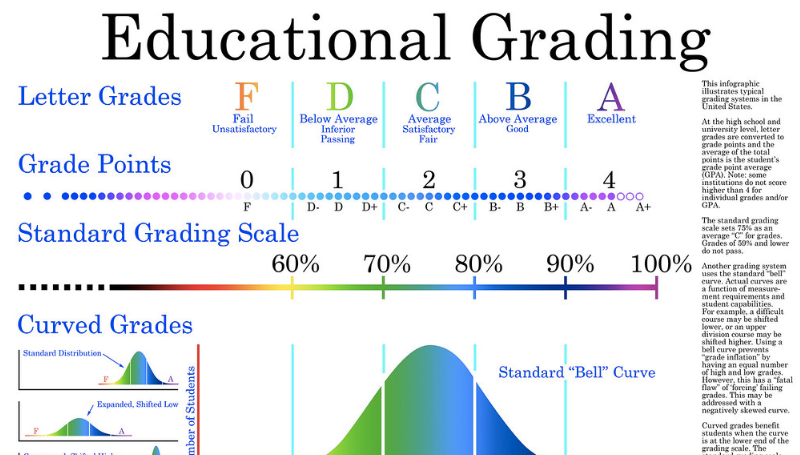Auguste Meyrat
The Federalist, June 7, 2022
“If any teacher dares to give them anything less than 100 percent for their final average, they will complain that they have mastered the standards of the class and are entitled to a perfect grade.”
According to a report in West Cook News, administrators at Oak Park and River Forest High School (OPRF) in Illinois will “adjust their classroom grading scales to account for the skin color or ethnicity of its students.” A recent presentation on this move reasons that “Traditional grading practices perpetuate inequities and intensify the opportunity gap,” and therefore must be changed to fix this problem.
However, the devil’s in the details, and it’s important to look past the rhetoric of “equity” and “core beliefs.” What’s really happening in initiatives like this around the country is that teachers stop deducting points from late work and re-takes for assessments, as well as stop giving homework and grades for participation.
At OPRF, even missing work will not be counted against a student of certain skin shades. Supposedly, this form of “competency-based grading” is expected to help black and Hispanic students, who are currently failing at much higher rates than their white and Asian peers.
When this is understood, it becomes clear that OPRF is simply taking part in a popular trend that has arisen in many districts across the country, particularly in the wake of Covid. Because there’s such a huge grade gap between students, and this gap is now always framed along racial lines, district leaders have been desperate to eliminate this gap and tout their equity to the world.
Auguste Meyrat is an English teacher in the Dallas area. He holds an MA in humanities and an MEd in educational leadership. He is the senior editor of The Everyman and has written essays for The Federalist, The American Conservative, and The Imaginative Conservative, as well as the Dallas Institute of Humanities and Culture. Follow him on Twitter.
To view the original article, click here


